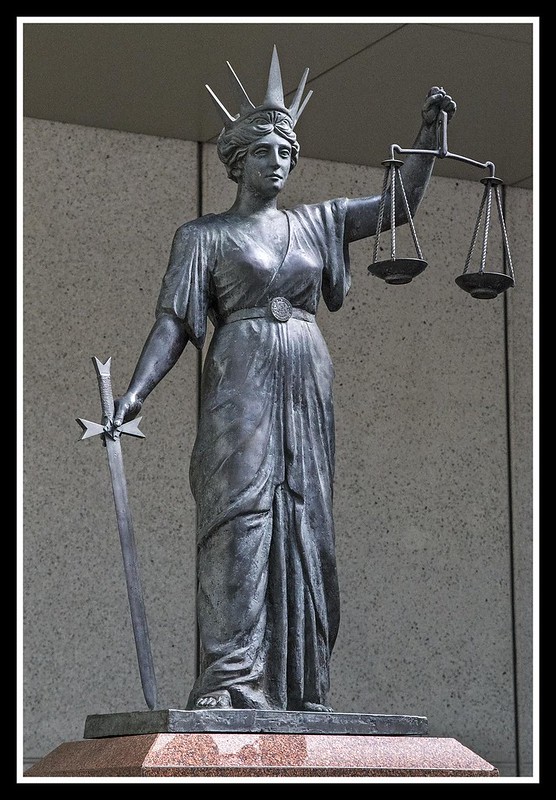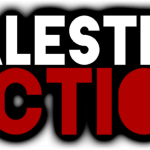In a landmark opinion, the International Court of Justice, the UN’s top court, has ruled that Israel’s 57-year occupation of Palestinian territories is against international law.
The court’s 15-judge panel said Israel should stop settlement activity in the occupied West Bank and East Jerusalem, end its “illegal” occupation of those areas and the Gaza Strip as soon as possible, and make reparations “as rapidly as possible”. The historic sweeping and damning advisory opinion detailed multiple breaches of international law by Israel including activities that amounted to apartheid.
The 80-page court ruling on July 19 is not legally binding but it is likely to fuel further international debate and pressure on Israel to settle the issue of Palestinian statehood. The court also noted that other states are under an obligation not to recognise the occupation as lawful nor to aid or assist it.
It marks the first time the ICJ has delivered a position on the legality of the occupation since the 1967 six-day war in which Israel captured the West Bank, East Jerusalem and Gaza Strip.
Israel has annexed East Jerusalem in a move not recognised internationally and considers the West Bank, to which it has moved people in settlements, to be disputed territory. It withdrew its military and settlements from Gaza in 2005 but continued control over the strip which the court said meant it was still occupied.
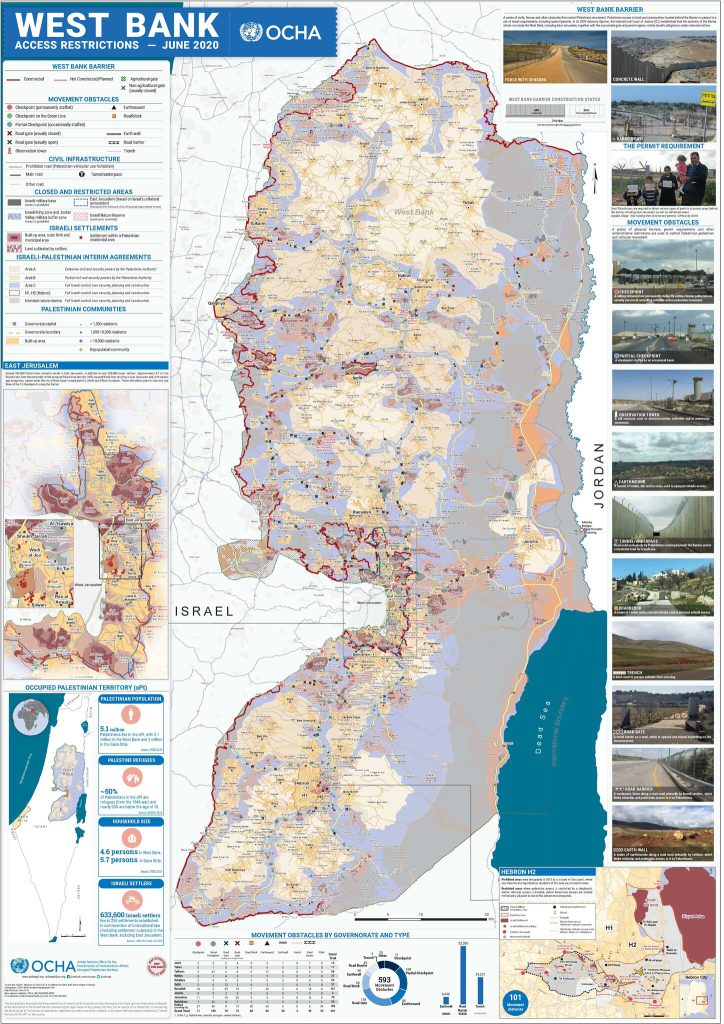
The court ruling was provided in response to a request from the United Nations General Assembly in 2022 and it will be up to it to decide how to proceed.
UN Secretary-General Antonio Guterres reiterated his call for Israel and the Palestinians to engage “on the long-delayed political path towards ending the occupation and resolving the conflict in line with international law, relevant UN resolutions and bilateral agreements” and stressed that a two-state solution is “the only viable path” to seeing Israel and “a fully independent, democratic, contiguous, viable and sovereign Palestinian state” living side by side in peace and security.
ICJ president Nawaf Salam reading the court opinion said: “The court considers that the violations by Israel of the prohibition of the acquisition of territory by force and of the Palestinian people’s right to self-determination have a direct impact on the legality of the continued presence of Israel, as an occupying power, in the occupied Palestinian territory.
“The sustained abuse by Israel of its position as an occupying power, through annexation and an assertion of permanent control over the occupied Palestinian territory and continued frustration of the right of the Palestinian people to self-determination, violates fundamental principles of international law and renders Israel’s presence in the occupied Palestinian territory unlawful.”
The office of Israeli Prime Minister Benjamin Netanyahu denounced the “decision of lies”.
In a statement it said: “The Jewish people are not occupiers in their own land – not in our eternal capital Jerusalem, nor in our ancestral heritage of Judea and Samaria [the occupied West Bank].
“No decision of lies in The Hague will distort this historical truth, and similarly, the legality of Israeli settlements in all parts of our homeland cannot be disputed.”
The office of Palestinian President Mahmoud Abbas, responsible in the West Bank, welcomed the court’s decision as “historic” and a “victory for justice” and said Israel must be compelled to implement it with the Palestinian foreign minister, Riyad Al-Maliki, calling it a “watershed moment”.
Hamas which rules in Gaza also welcomed the court’s decision and said in a statement that “serious steps on the ground” need to be taken in response.
The anti-settlement monitoring group Peace Now says Israel has built well over 100 settlements and a pro-settler group says the West Bank settler population has grown by more than 15% in the past five years to more than 500,000 Israelis. These residents are Israeli citizens governed by domestic law and served by government ministries, services, banks and other businesses — effectively integrating them into Israel.
Israel has also annexed east Jerusalem where an additional 200,000 Israelis live in settlements that Israel considers to be neighbourhoods of a city it considers its capital. Palestinian residents of the city face systematic discrimination, making it difficult for them to build new homes or expand existing ones.
The international community considers all settlements to be illegal or obstacles to peace since they are built on lands sought by the Palestinians for their state while Israeli leaders argue the territories are not occupied in legal terms because they are on disputed lands.
Netanyahu’s hard-line government is dominated by settlers and their political supporters.
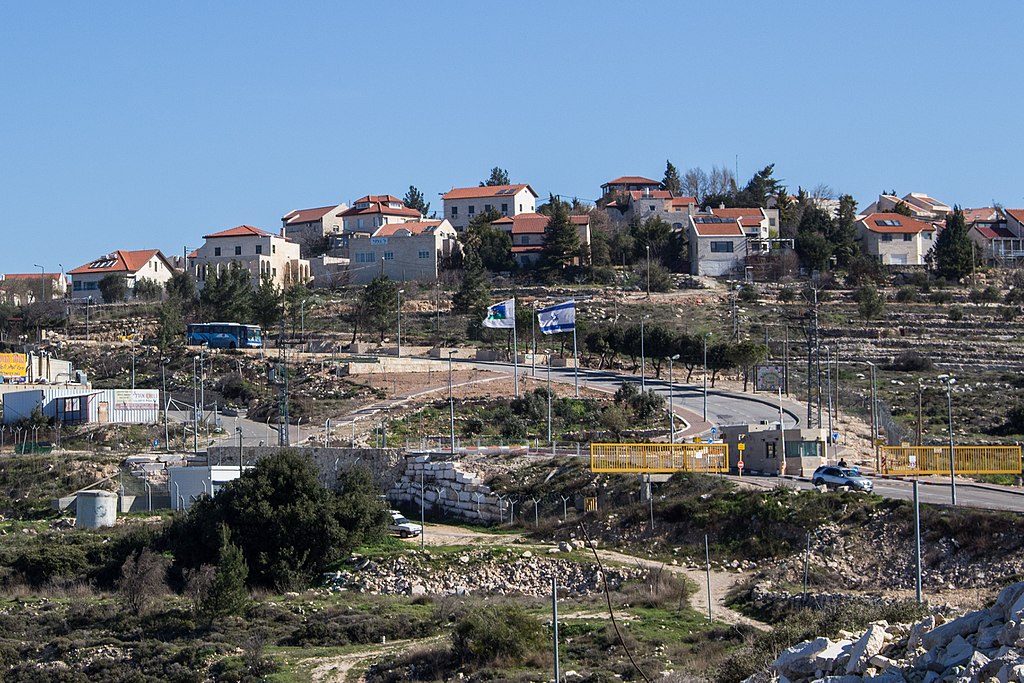
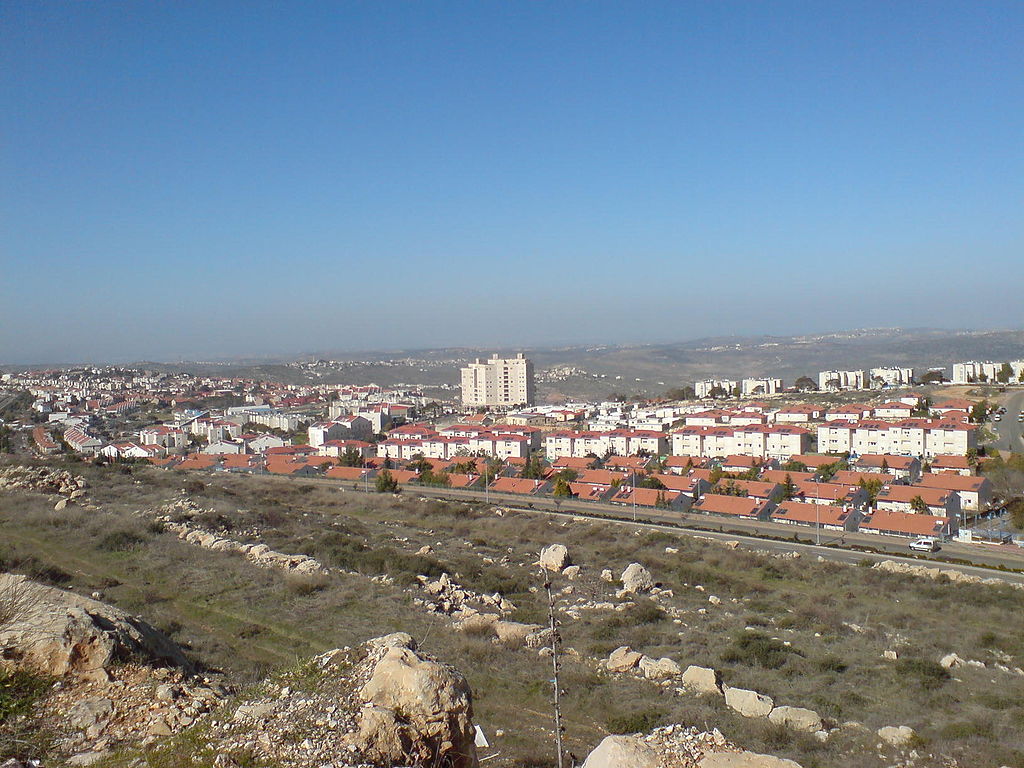
The court identified the following breaches of international law:
- Forcible evictions, extensive house demolitions and restrictions on residence and movement.
- The transfer by Israel of settlers to the West Bank and East Jerusalem and maintenance of their presence.
- Its failure to prevent or to punish attacks by settlers.
- Restricting the access of the Palestinian population to water.
- Israel’s use of the natural resources in the occupied Palestinian territory.
- The extension of Israel’s law to the West Bank and East Jerusalem.
The court said Israel must end all unlawful acts, cease all new settlement activity, repeal legislation that maintains the occupation, and make reparations which included “Israel’s obligation to return the land and other immovable property, as well as all assets seized from any natural or legal person since its occupation started in 1967, and all cultural property and assets taken from Palestinians and Palestinian institutions, including archives and documents.
“It also requires the evacuation of all settlers from existing settlements and the dismantling of the parts of the wall constructed by Israel that are situated in the occupied Palestinian territory, as well as allowing all Palestinians displaced during the occupation to return to their original place of residence.”
Israel did not participate in the court proceedings which heard arguments from the Palestinians, 49 other nations and three international organizations beginning in February.
Israel, which normally considers the United Nations and international tribunals as unfair and biased, submitted a written argument in July last year, urging the ICJ to dismiss the request for an opinion, saying the questions put to the court were prejudiced and failed to “recognise Israel’s right and duty to protect its citizens”, address Israeli security concerns or acknowledge Israel-Palestinian agreements to negotiate issues.
The court ruling on July 19 said it had taken account of Israel’s security concerns but they could not “override the principle of the prohibition of the acquisition of territory by force” and imposing restrictions on all Palestinians was “disproportionate”.
The majority of states participating asked the court to find the occupation illegal, while a handful, including Canada and Britain, argued it should refuse to give an advisory opinion.
The United States asked the court not to order the unconditional withdrawal of Israeli forces from the Palestinian territories and said it should issue no decision that could hurt negotiations toward a two-state solution.
It’s not the first time the ICJ has been asked to give its legal opinion on Israeli policies but it is its most sweeping judgment. In 2004 the court ruled that Israel’s wall around the West Bank and its settlements were “contrary to international law.” Israel boycotted those proceedings, saying they were politically motivated.
In a separate case, the International Court of Justice is considering a South African claim that Israel’s campaign in Gaza amounts to genocide, a claim that Israel vehemently denies.
The latest court judgment came against the backdrop of Israel’s devastating military assault on Gaza which has killed nearly 40,000 people and driven nearly all of Gaza’s 2.3 million population from their homes, triggered by a Hamas-led attacks in southern Israel on Oct. 7 which killed 1200 Israelis.
In another signal of pressure on Israel, the new UK Labour government is resuming funding for the United Nations Relief and Works Agency (UNRWA), overturning a freeze by the previous Conservative government. The UK announced on July 19 that £ 21 million in new support would be provided to the organisation, which focuses on emergency food, shelter and other help for Palestinians affected by the conflict.
International Court of Justice rules Israeli occupation illegal
ICJ ruling – New York Times
ICJ ruling – The Times of Israel
ICJ ruling – Haaretz (Israel)
ICJ ruling – Al Jazeera
ICJ ruling judgment text
UK government statement on ICJ ruling
ICJ ruling – Amnesty International
Why ICJ ruling will be hard to ignore – The Guardian
ICJ begins hearings – February 2024
How Israeli settlements have grown – AP
UK restores UNRWA funding
The war in Gaza
How does the war in Gaza end? – AP analysis
Who is Hamas?

